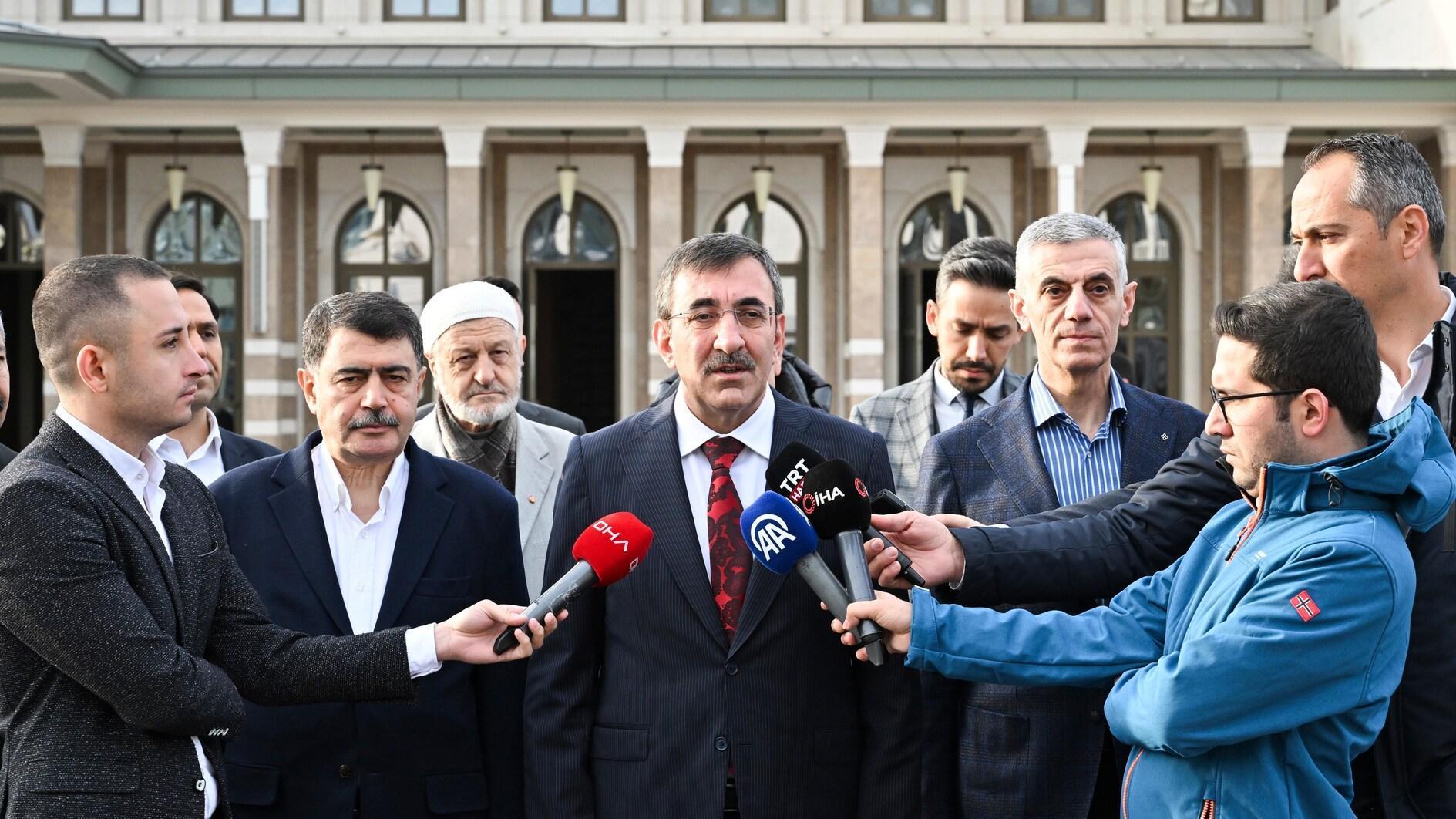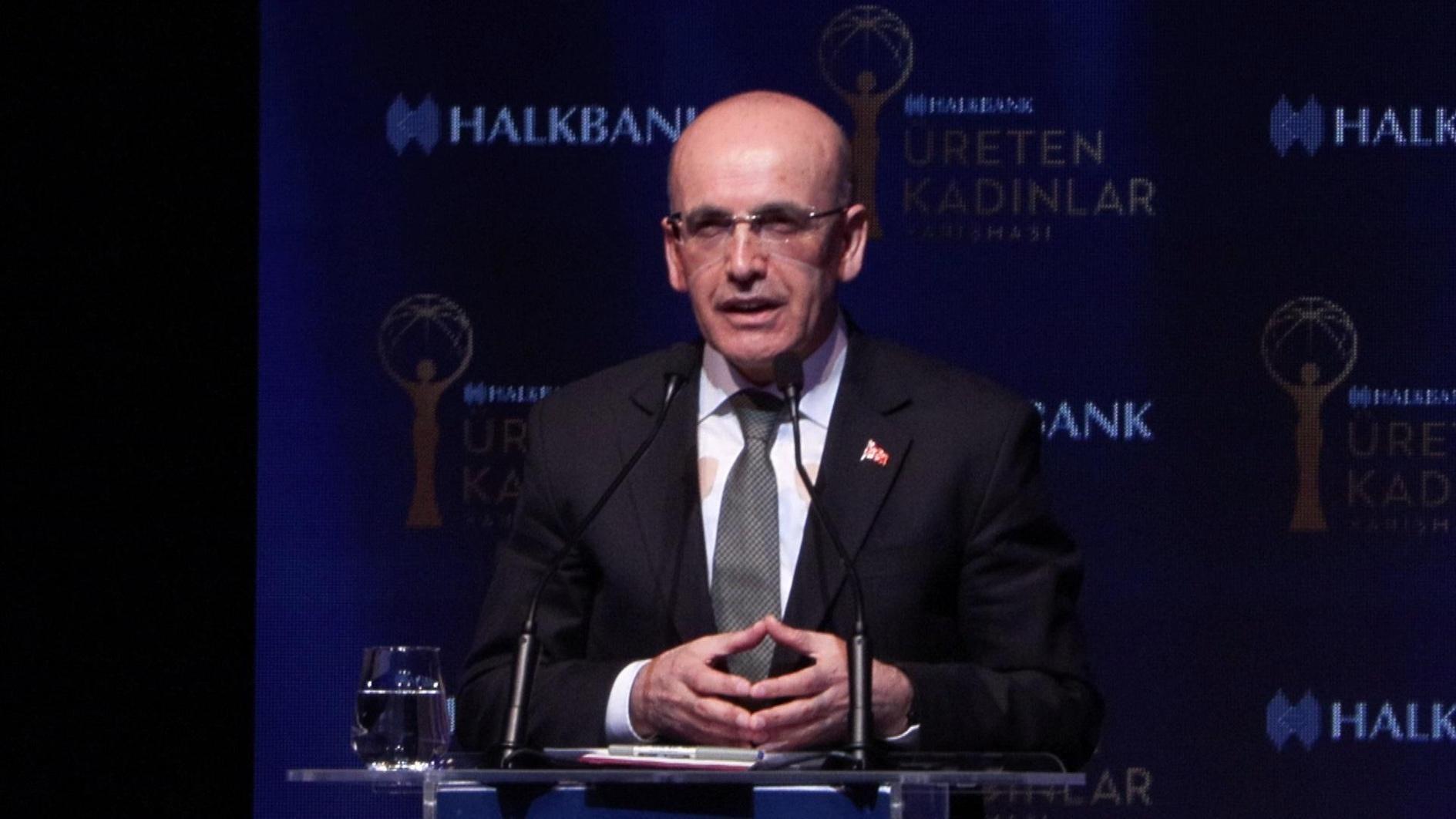A first: Secular youth meet pious youth
NİLÜFER GÖLE
The Gezi square movement has staged a new citizenship rehearsal. For those who chose to ignore them, they have done it over and over again. In different urban venues, with new players, Gezi has started gaining sustainability. The evening forums at local parks and the “Ground İftar Meals” (Yeryüzü Sofrası) organized in conjunction with the beginning of Ramadan are the best examples of the creative politics of space following in the trail of the Gezi Park movement.A new form of citizenship is being tried in these venues by improvisation. In the evening forums where neighborhood residents gather and where issues are discussed, they have formed an agora reminiscent of ancient Greek democracy. In order to provide equality of access to the floor and to avoid disturbing those living nearby, they have developed unique rules and collective communication styles involving hand gestures instead of applause.
The iftar meal stretching all along the street set up upon the call of the “Anti-Capitalist Muslim” youth is the sign of a new cultural reservoir bringing together secular Muslims and pious Muslims. It’s a match between the souls of the “cool” of the Gezi Park movement and the “divine.” A praxis where the secular and the pious are side by side, squatting knee by knee, sitting cross-legged at an iftar meal where they share their livelihood, where they start getting to know and get acquainted with the cultural codes of the other. It is a practice arising from Turkey’s geography and history and which transforms the democratic imagination. I don’t think it is included in the handbooks regarding the global pro-coup conspirator. This is a first.
Most of the Gezi Park youth who have sat down at the iftar meal on the ground probably have never fasted before in their lives. The habit of eating while sitting down on the floor on a table cloth disappeared from their lives long ago, while they have forgotten how to sit cross-legged and have not been introduced to religious obligations by their parents or grandparents. Most of their lifestyle habits have been shaped according to secular codes.
Today they have formed empathy with their Muslim peers; through them, they have sat down to an iftar meal maybe for the first time in their lives in the month of Ramadan and maybe had the desire to fast.
The contrast that has been built between the Western and Eastern lifestyles, moreover the hierarchic structuring, in other words the dominance of one over the other, is being turned upside down today. However, this is not a phenomenon that can be understood only by political economy or the transformation of the political elite. The formation of the cultural codes and habits related to lifestyles, as well as their transformation and adaptation, takes a long period of time. They are transferred from one generation to the other.
Our self, our body language, the ways we salute each other, eating and drinking habits, our cultural references that we have internalized since our childhood based on education and practice are a part of our habitus; they serve as a cultural source that automatically comes to life after we become accustomed to them by learning through daily life.
Turkey’s modernization experience ventured to replace an Islamic habitus with a secular and Western one. The habitus was of a modernist mentality where women and men sit together for meals, where the piano is played, where positivist science take the place of religious information, where the Western version of arts and sports are preferred. The Western wannabes, the “mon cher” characters, have been depicted in literature. Even though it looks funny today, let’s not underestimate it. The man-about-town’s foreign language skills, sports and exercise habits, wine culture, table manners, knowledge of the details of international diplomacy and habits where shoes are not taken off all day are not a repertoire that can be acquired overnight. A Western habitus that has not quite been internalized would easily come into the open among many.
Today, the modern habitus does not particularly point to a European lifestyle alone. Turkey’s cultural codes are increasingly becoming hybridized and localized. The Gezi youth are a part of and brand of Istanbul modernity.
Also, the Islamic habitus has not been indifferent to the modernity in Turkey; it has also transformed. It has been brought from rural culture to the cities and gained a new intellectual dimension and a different awareness with an Islamic consciousness; while it was creating its own bourgeoisie and elite, it nevertheless adopted the codes of secular education and capitalist consumption. Today, the majority of “Islamic” Muslims enjoy double cultural wealth; they have received both secular social scientific and religious schooling; they are accustomed to both conservative and modern communication codes. University campuses and classrooms were the site of the first rehearsal of this encounter.
The ground iftar meals are springing from such an encounter and such an intertwined dynamic of being; however, at the same time, they point to a brand-new phase. They demonstrate the coexistence of the secular Muslim and the pious Muslim, especially the desire of the former to learn from the latter. It is not so easy to acquire the Islamic habitus either. It requires practice as well as scholarly information. But today, far from looking down on Islam, they have an intention to discover it. Likewise, these young people are using the Kurdish language and trying to learn Kurdish history. They are abandoning the monist cultural codes of the nation state.
The ground iftar meals are transgressing the secular religious boundaries with their new politics of space. Just as how Muslim youth in the last 30 years trespassed on secular boundaries without giving up their beliefs and their headscarves, today secular youth are trespassing on the religious boundaries. They are sitting at iftar meals, iftar tables with their know-how of the secular lifestyle. They are being hosted by not the powerful (ruling) Muslims, but by Muslims who can object to the state of affairs. Just as how, once upon a time, secular intellectuals opposed Kemalism and shared knowledge with Muslims in universities.
This article is posted on the T24 news website on July 15. It was translated into English by the Daily News staff.











